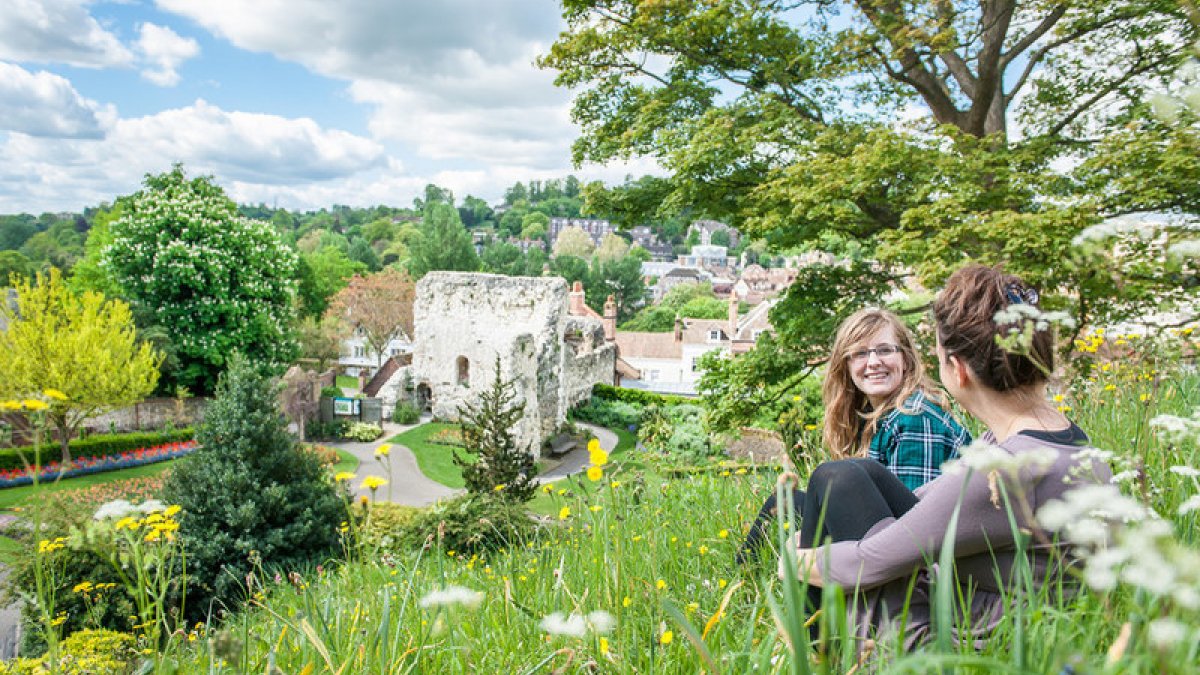Do green cities help mental health?
Could the introduction of trees, hedges and green roofs reduce air pollution and improve mental and physical wellbeing? This is the question that a new task-force at the University is looking to answer.

Called the ‘Green Infrastructure and Health Mapping Alliance of Surrey Academics’ (GREENMASS), it will see academics from a range of disciplines use their combined knowledge and expertise to explore whether green initiatives actually make a difference to wellbeing.
Guildford will be used as the initial pilot study area, but it is hoped that GREENMASS will grow to surrounding towns and cities. The team’s aim is to develop a new approach to linking green infrastructure to health outcomes.
Professor Prashant Kumar, Founding Director of the Global Centre for Clean Air Research (GCARE) and the founding principle investigator of the GREENMASS project, said: “Introducing green infrastructure has started to become a priority for many cities across the world. However, there are no guidelines on how best to use such green assets and how much they actually impact on our mental and physical health.
“This is where we hope GREENMASS will come in. We want to provide meat to the bones of the debate on how impactful green infrastructure actually is and we have minds from across the academic spectrum to get to the heart of this matter.”
Professor Simon de Lusignan, who is a founding member of GREENMASS and the Head of the Department of Clinical and Experimental Medicine, said: “As a clinician and researcher, I have seen the impact of pollution on physical and mental health. With more than 30 years of clinical practice, I have been struck by the importance of a good environment to keeping healthy. GREENMASS connects clinical knowledge and data with those with environmental expertise, and is a very welcome initiative.”